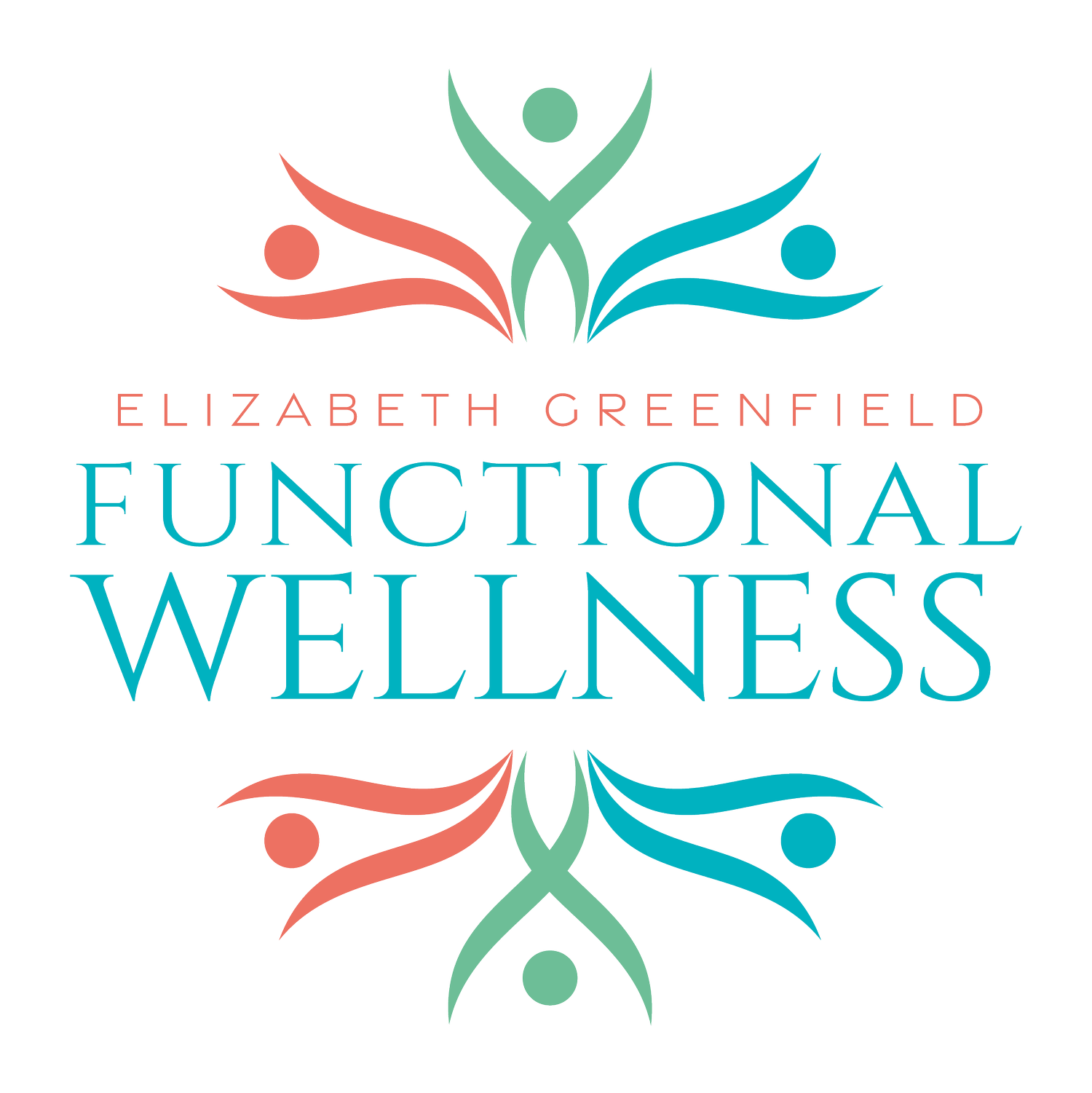Awake and Anxious: Understanding the Connection Between Histamine Intolerance and Insomnia
Histamine intolerance is a condition that might be affecting more than just your allergies; it could be the root cause behind your insomnia and anxiety, particularly at night. Histamine, a chemical involved in your body’s immune response, also plays a role in the brain where it regulates wakefulness and prevents sleep. Individuals with histamine intolerance experience an overload of histamine, which can disrupt normal sleep patterns and lead to feelings of anxiety.
In the brain, histamine binds to its receptors and acts as a neurotransmitter to promote wakefulness. For those with histamine intolerance, this action can lead to difficulty falling and staying asleep, as the body cannot keep up with the break down of histamine due to enzyme deficiencies or gut imbalances. This imbalance is often exacerbated by (of can be caused by) alterations in the gut microbiome, which can influence histamine levels throughout the body.
Histamine intolerance itself may stem from a variety of factors including genetic predisposition, medications that block the enzyme responsible for breaking down histamine (diamine oxidase), or gastrointestinal disorders that affect the lining of the intestines where this enzyme is active.
Understanding if histamine intolerance is contributing to your insomnia involves observing your body's reactions to certain foods rich in histamine, such as aged cheeses, fermented products, and certain meats. Besides dietary management, addressing gut health is crucial as a balanced microbiome can help regulate histamine levels.
If you suspect that histamine intolerance might be affecting your sleep or causing anxiety, I encourage you to take my histamine intolerance quiz. It's designed to help you determine if histamine could be a contributing factor to your symptoms, guiding you towards potential dietary changes and treatments that could dramatically improve your quality of life and sleep.
